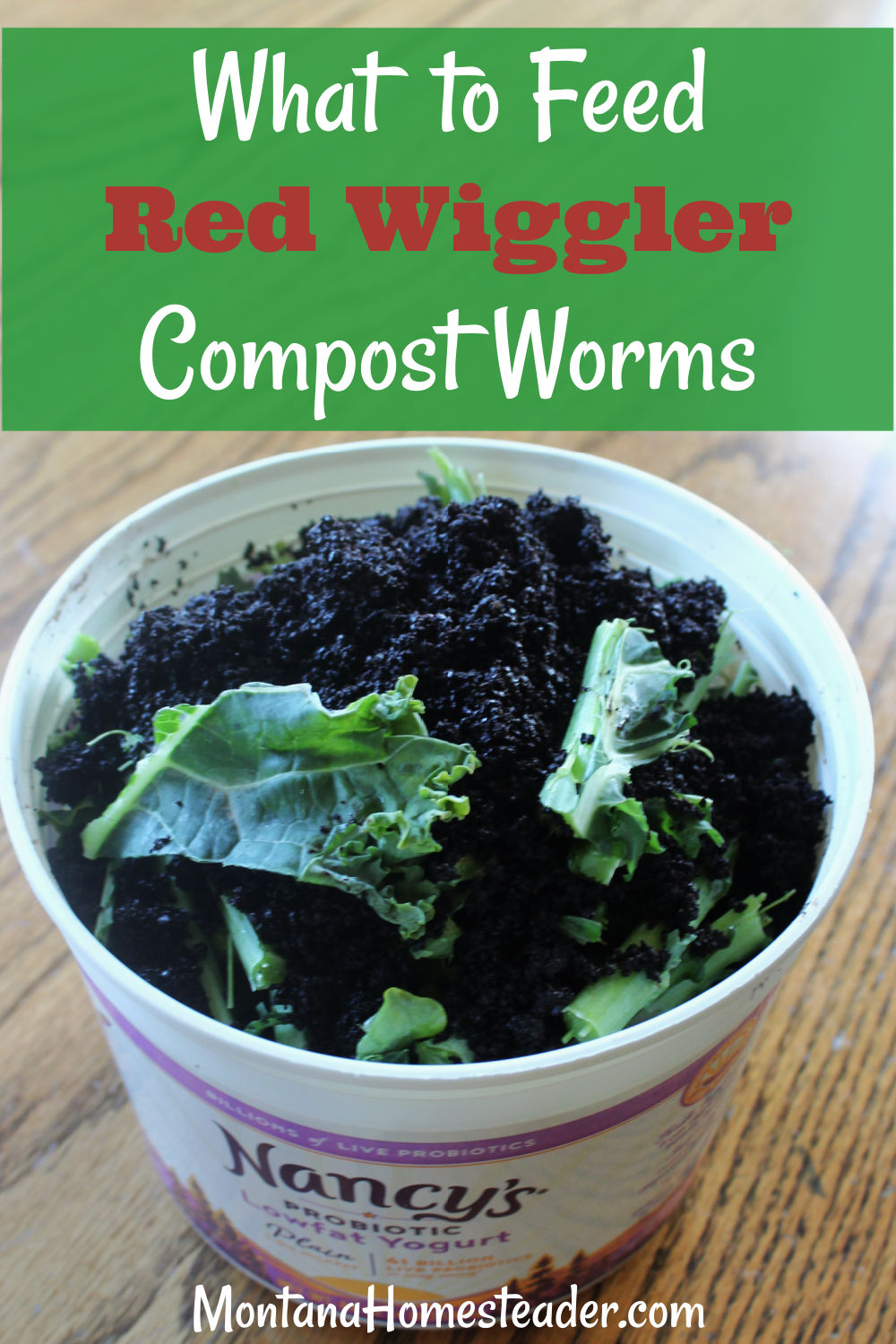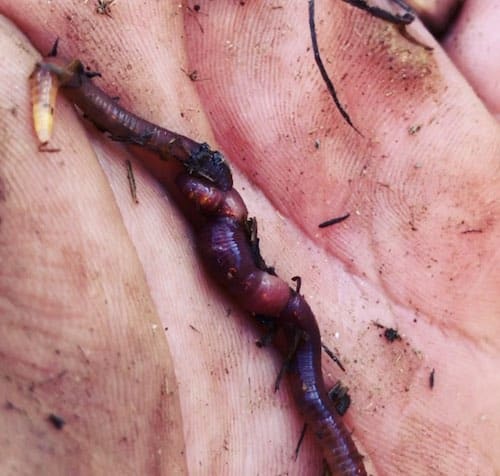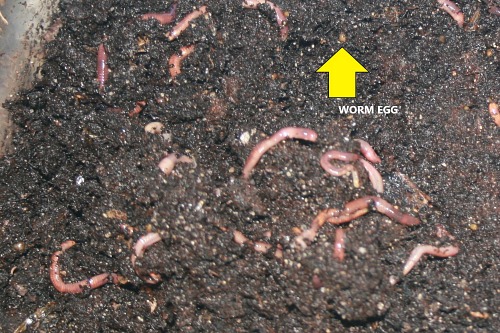Red Wiggler Worms - Vital for Healthy And Balanced and Productive Gardens
Wiki Article
Red Wiggler Worms Demystified: Opening the Tricks of Vermiculture for Greener Living and Nutrient-Rich Dirt
In the realm of sustainable techniques for enhancing soil top quality and promoting eco-conscious living, red wiggler worms play a crucial yet usually forgotten duty. These simple animals have the amazing capacity to change natural waste into nutrient-rich spreadings that act as a potent natural plant food. By diving into the world of vermiculture, one can reveal a wide variety of benefits that extend far beyond typical composting approaches. Comprehending the details of taking care of these worms, maximizing their setting, and using their spreadings can result in a greener lifestyle and healthier soil for plants to thrive.The Function of Red Wiggler Worms
Red Wiggler worms play a crucial duty in composting systems by successfully damaging down raw material right into nutrient-rich castings. These starved eaters eat a selection of organic products, such as kitchen scraps, yard waste, and paper products. As they feed, the worms' gastrointestinal procedures damage down the raw material right into a penalty, dark, and nutrient-dense material called worm spreadings or vermicompost.The spreadings generated by Red Wiggler worms are extremely beneficial for dirt health and wellness and plant development. They are abundant in essential nutrients like phosphorus, potassium, and nitrogen, which are vital for supporting healthy and balanced plant growth. In addition, worm spreadings contain useful germs and enzymes that assist improve soil structure, boost water retention, and enhance nutrient uptake by plants.
Benefits of Vermicomposting

Moreover, vermicompost, the nutrient-rich final product of vermicomposting, serves as an outstanding organic fertilizer and soil conditioner. It boosts dirt framework, boosts soil aeration, and increases dirt wetness retention. These buildings contribute to much healthier plants with more powerful origin systems and much better resistance to bugs and illness. Vermicompost additionally enriches the soil with essential nutrients like nitrogen, phosphorus, and potassium, advertising plant growth and general dirt fertility.
Additionally, vermicomposting supports sustainable horticulture practices by supplying a chemical-free and natural option to synthetic plant foods. Red Wiggler Worms. This eco pleasant strategy not just enriches the soil but also helps in reducing reliance on damaging chemicals, advertising a greener and a lot more lasting means of horticulture
Establishing a Worm Container
When establishing a worm container for vermicomposting, appropriate configuration is critical to ensure the success of the composting process. The initial step in establishing a worm container is picking an appropriate container. This can be a plastic bin or wood box that supplies enough area for the worms to move and has appropriate drain holes to stop waterlogging. Next off, a bedding product such as shredded paper, cardboard, or coconut coir should be included to the bin. This bed linen gives a comfortable atmosphere for the worms and assists maintain moisture degrees.After including the bed linen, present the red wiggler worms to the bin. The worms need to after that be provided with food scraps such as fruit and veggie peels, coffee grounds, and eggshells.
On a regular basis monitor the dampness levels and temperature level in the worm bin to make certain optimal problems for the worms. With correct configuration and maintenance, the worm bin will properly convert natural waste right into nutrient-rich compost for your plants and garden.
Collecting Worm Castings
To successfully collect nutrient-rich worm castings from your vermicomposting system, an organized harvesting technique is essential. There are a couple of key steps to comply with to ensure a successful procedure when it comes time to gather the worm spreadings. First of all, quit adding fresh food scraps to one side of the worm bin for a pair of weeks prior to harvesting. This urges the worms to move to the side with fresh bed linens and food, making it simpler to scoop out the spreadings from the other side.
Troubleshooting Common Issues
Identifying and resolving common obstacles that may emerge throughout the vermicomposting procedure is important for maintaining a healthy and balanced and productive worm bin. Including excess food scraps can lead to a buildup of wetness and level of acidity in the worm bin, possibly harming the worms. One more image source problem is unpleasant odors rising from the worm bin.
Furthermore, if the worm populace is declining or the worms appear unhealthy, it can be due to environmental stress factors such as severe temperatures or pH levels. Monitoring these variables and making necessary changes is vital for the wellness of the worms. By fixing these typical problems immediately, vermicomposters can make sure a smooth and successful vermicomposting procedure while maintaining a thriving worm population.

Conclusion
Finally, red wiggler worms play a critical duty in vermiculture by damaging down raw material into nutrient-rich dirt. The advantages of vermiculture consist of greener living and enhanced soil top quality. Establishing a worm bin is important for successful vermiculture, and harvesting worm castings provides valuable garden compost for horticulture. By recognizing and fixing common issues, people can unlock the keys of vermiculture for lasting living and healthier soil.As they feed, the worms' digestion processes damage down the organic issue right into a penalty, dark, and nutrient-dense material recognized as worm castings or vermicompost.
The spreadings produced by Red Wiggler worms are very helpful for dirt health and wellness and plant growth. Including excess food scraps can lead to a buildup of wetness and acidity in the worm container, potentially hurting the worms.In addition, if the worm population is decreasing or the worms appear harmful, it could be due to ecological stress factors such as extreme temperatures or pH check here degrees. Setting up a worm container is essential for effective vermiculture, and collecting worm castings gives important compost for horticulture.
Report this wiki page